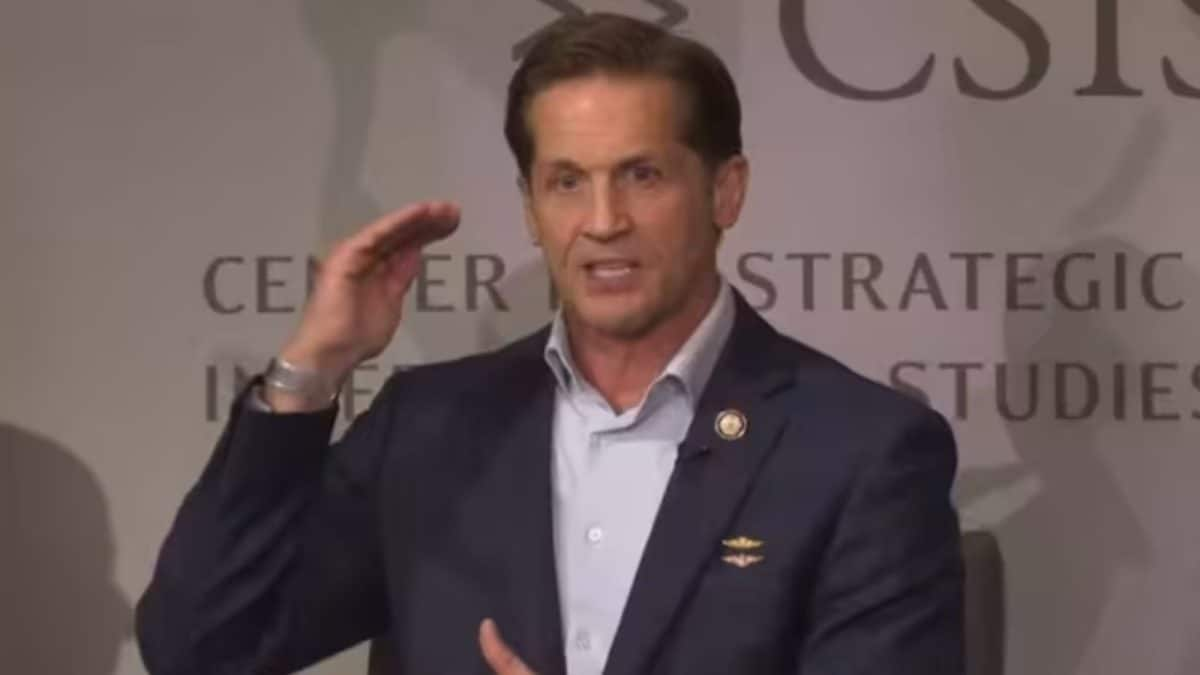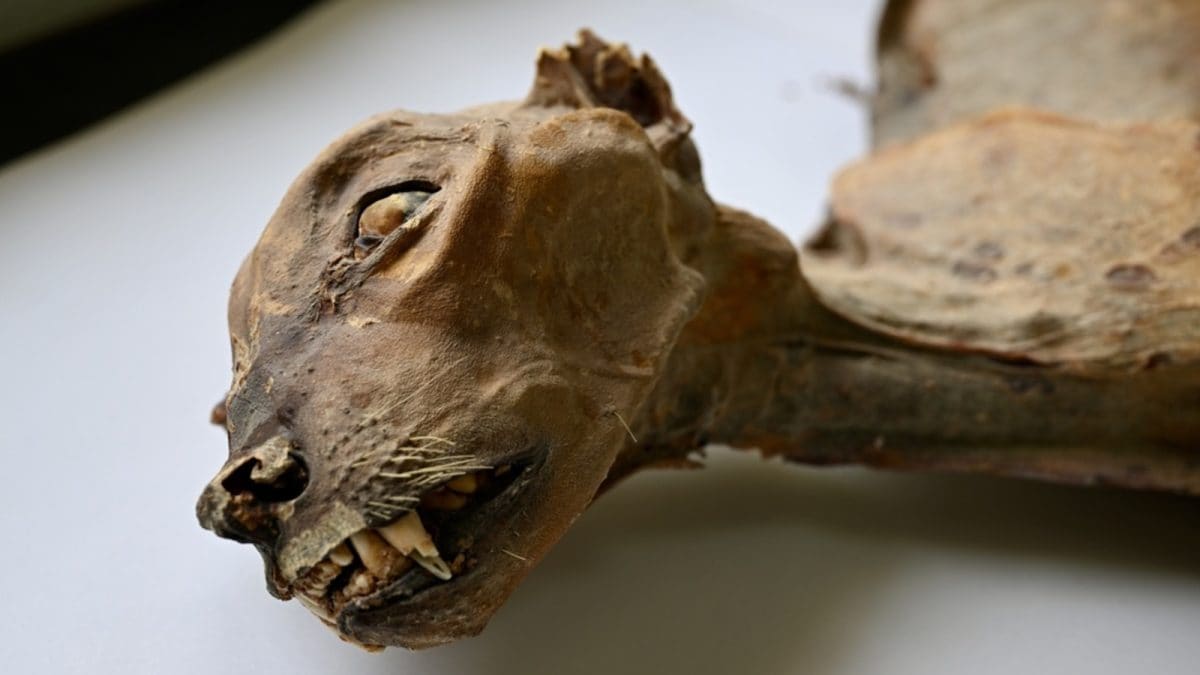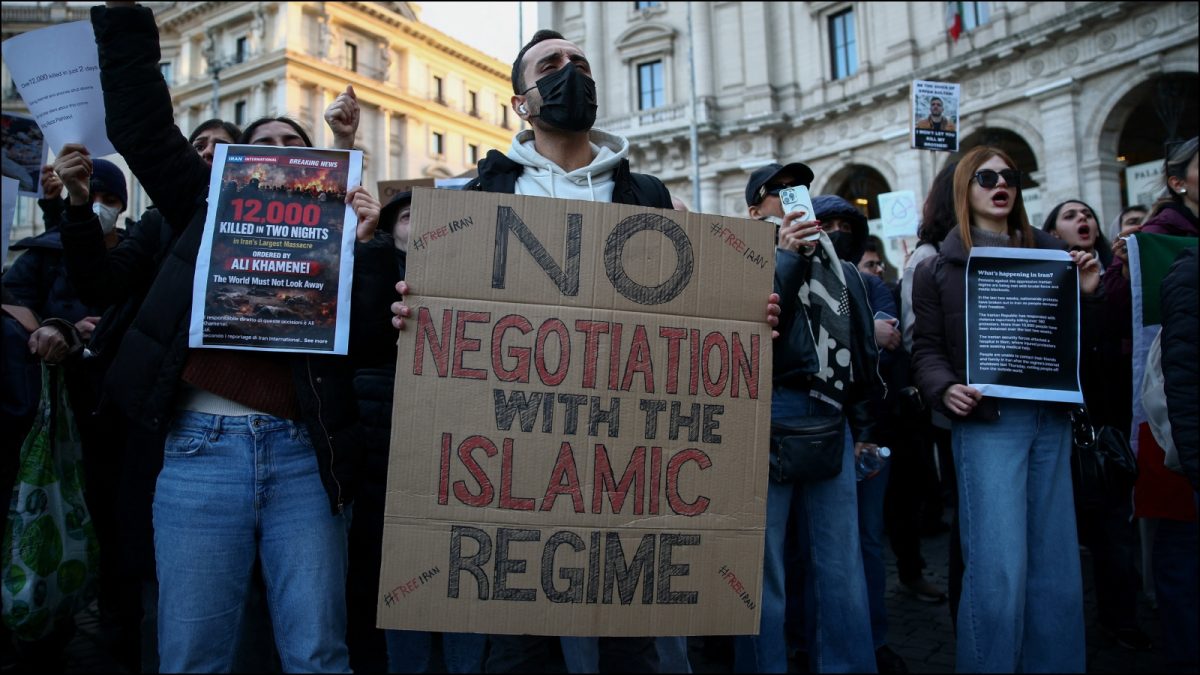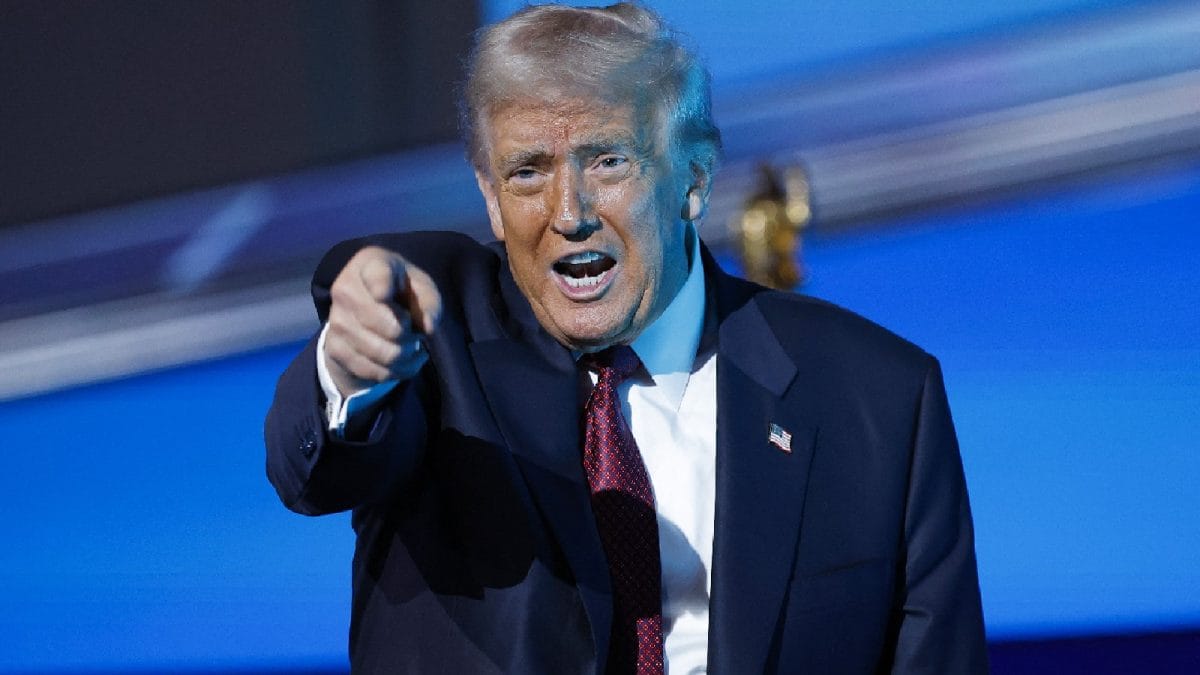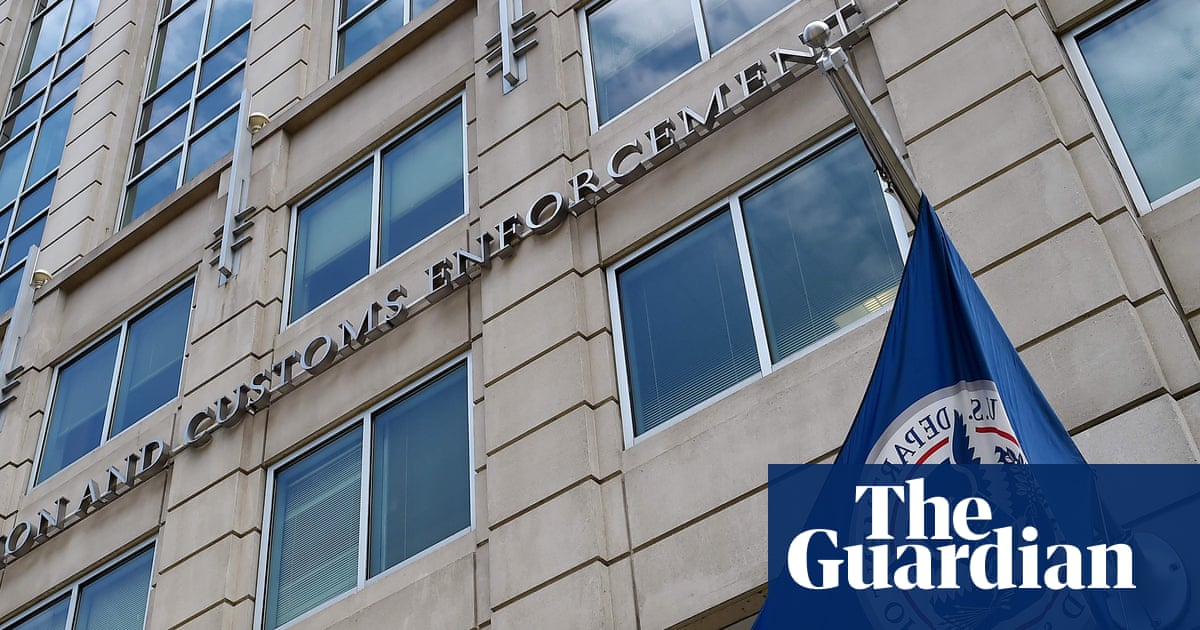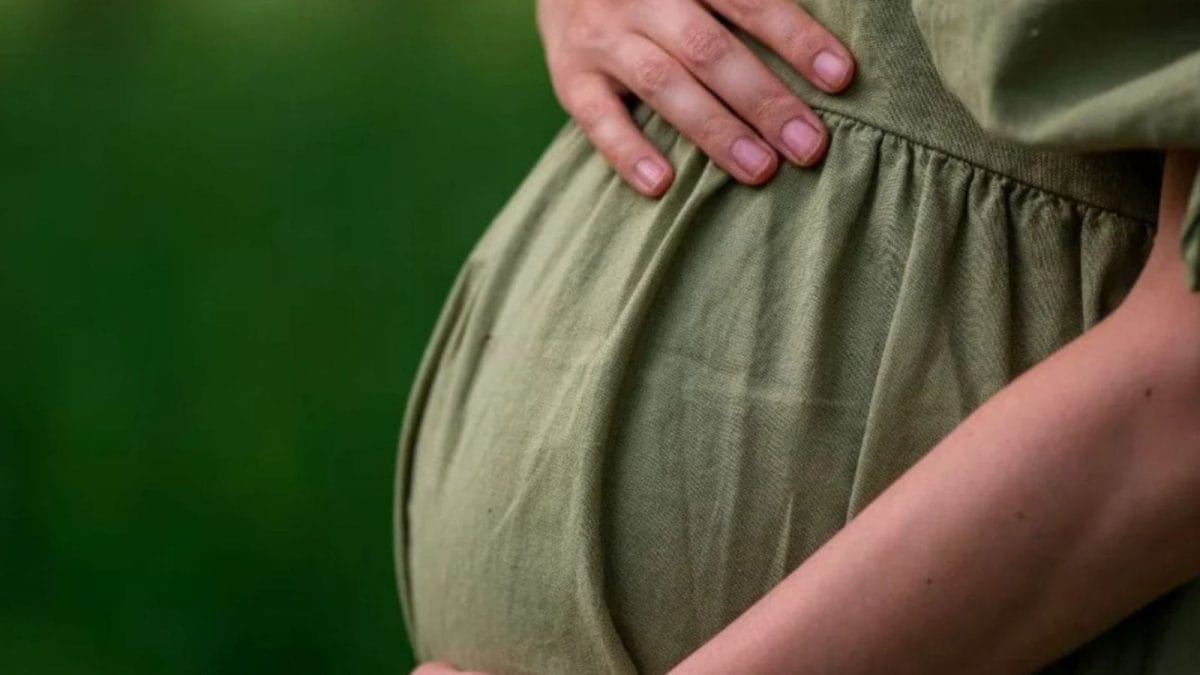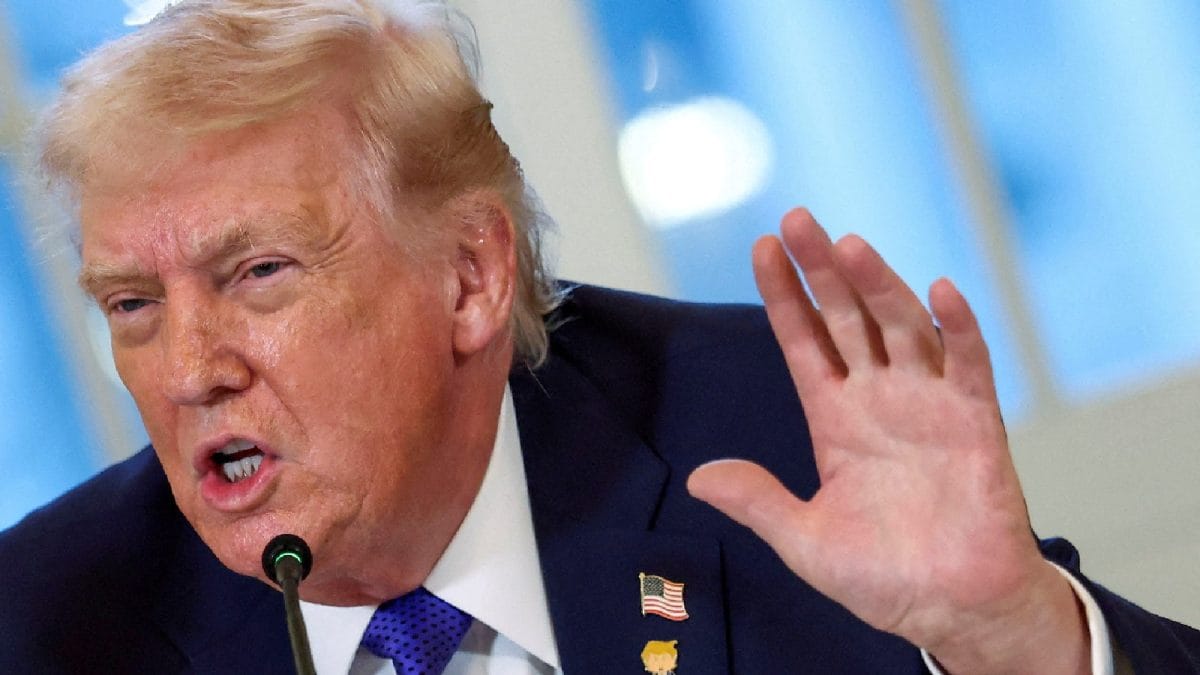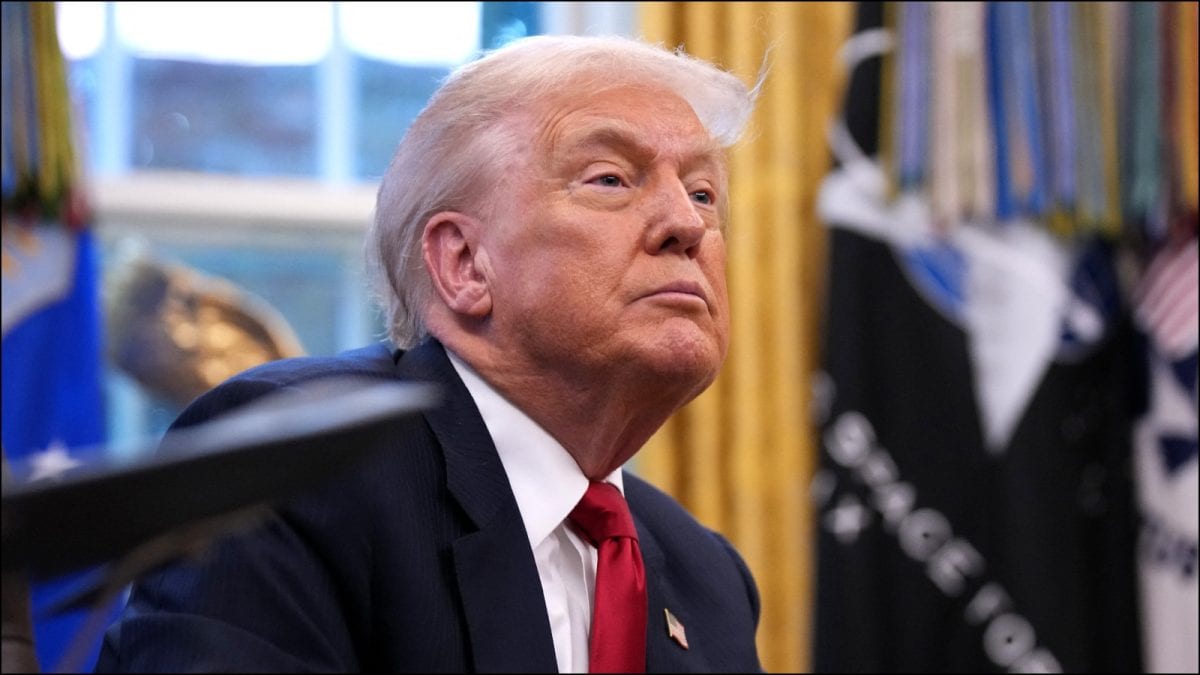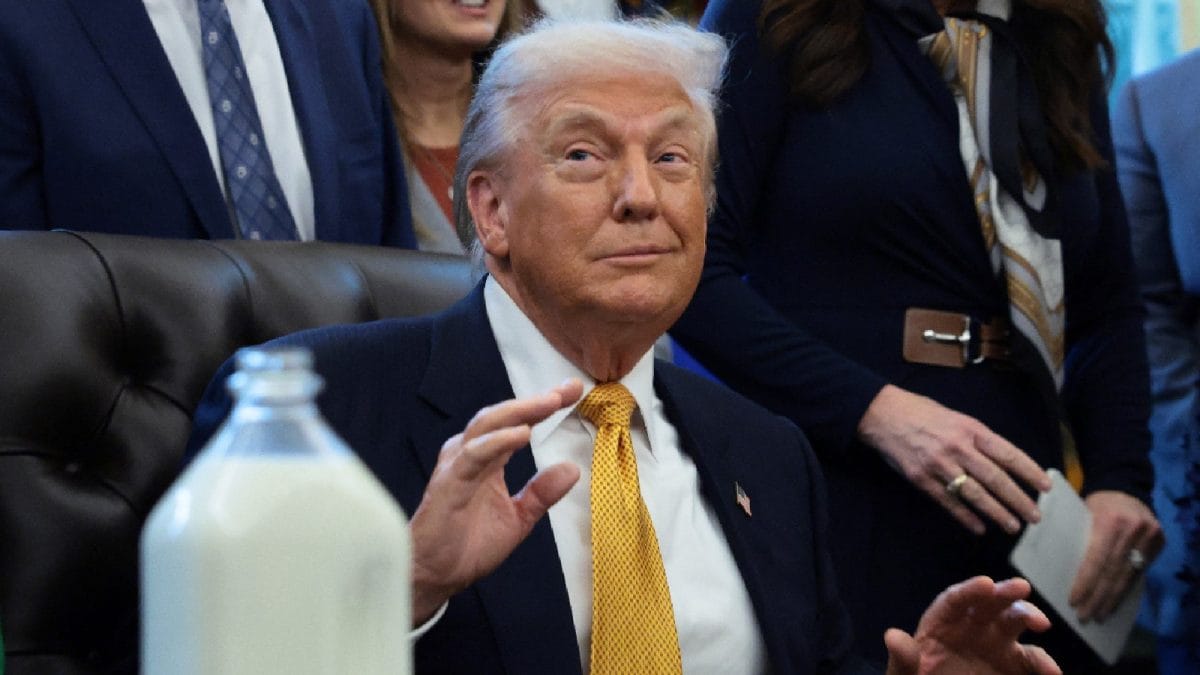Dominic Cummings “poisoned the atmosphere” of Boris Johnson’s Downing Street during the Covid crisis, the official inquiry into the pandemic has found, saying he helped create a toxic and macho culture with the full connivance of the then prime minister.
Johnson’s chief aide “strayed far from the proper role of a special adviser”, the report finds, making “key decisions in 10 Downing Street which were for the prime minister to make”.
This was “an arrangement with which, it must be acknowledged, Mr Johnson was content”, the report’s authors said.
Cummings “materially contributed to the toxic and sexist workplace culture at the heart of the UK government,” the report says. It notes he “used offensive, sexualised and misogynistic language”.
Many of the most damning elements of the report from the inquiry’s second module, on the role of government in the pandemic, centre on what is painted as a strident and abrasive environment, often instigated by Cummings.
“By failing to tackle this chaotic culture – and, at times, actively encouraging it – Mr Johnson reinforced a culture in which the loudest voices prevailed and the views of other colleagues, particularly women, often went ignored,” the report concludes.
Elements of this emerged during the public hearings that contributed to the report, which heard testimony about misogynistic and abusive language and the routine belittling of some ministers and advisers. The report firmly counters Johnson’s insistence that this helped get things done.
Those at the centre of making hugely difficult decisions about Covid were “working under significant psychological stress and pressure”, the report says. “However, as a result of the poor culture at the centre of the UK government, the quality of advice and decision-making suffered.”
Much of this centred on Cummings, the report finds. “Notwithstanding Mr Cummings’ undoubted ability and the fact that he had many qualities useful to a prime minister … he was a destabilising influence,” it says.
“His behaviour contributed significantly to a culture of fear, mutual suspicion and distrust that poisoned the atmosphere in 10 Downing Street and undermined the authority of the prime minister.”
Johnson “did not seek to restrain or control Mr Cummings, nor did he exercise proper leadership in rectifying the toxic and chaotic culture adversely affecting decision-making”, the report says, with Johnson only taking action when the pair fell out irreconcilably in November 2020 and Cummings left his job.
The report is almost equally critical of Johnson, portraying him as terminally indecisive and someone who “intentionally sought to foster conflict and a chaotic working environment”, believing this created healthy debate.
In effect endorsing Cummings’ description of Johnson as an ever-veering shopping trolley, the report says Johnson’s “oscillation” made decisions slow and inconsistent.
“Many witnesses spoke of Mr Johnson’s tendency to change his mind when making decisions and his disinclination to make hard choices,” the authors said.
“It was understandable that Mr Johnson wrestled with the profound decisions that he had to make, particularly in the early stages of the pandemic,” the report says. “However, his oscillation continued throughout 2020, despite an increased understanding of the characteristics of the virus.”
In autumn 2020, as a second wave grew in scale, “Mr Johnson repeatedly changed his mind on whether to introduce tougher restrictions and failed to make timely decisions”.
The report says one example was Johnson repeatedly rejecting advice for a “circuit breaker” lockdown until it was too late. “Mr Johnson’s oscillation enabled the virus to continue spreading at pace, and ultimately resulted in a four-week lockdown from 5 November 2020,” it says.
Noting numerous reports about a “macho” culture inside Johnson’s No 10, the report notes “a lack of gender, racial and socio-economic diversity among the senior ministers and advisers attending key decision-making structures”.
While the report does not delve in depth into rule-breaking by Johnson and people around him, it says obvious flouting of the rules – such as Cummings’ infamous drive to Barnard Castle – “undermined public confidence in decision-making and significantly increased the risk of the public failing to adhere to measures designed to protect the population”.
It says: “It is vital during an emergency that those in positions of leadership follow the public health rules that they require the public to observe. They must also deal swiftly and decisively with any instances of alleged rule-breaking among their ministers and advisers to ensure public confidence in the response is maintained.
“On a number of occasions during the pandemic, decision makers and their advisers across the UK appeared to have broken Covid-19 rules.”
On Thursday evening, Cummings said the inquiry had “enabled a vast rewriting of history”.
“It is important for the public to realise that on most of the big questions, the ‘experts’, including the senior scientists, were completely wrong in Q1 2020. They advised us to do almost nothing,” he posted on X.
“They advised against any serious restrictions and said there was no reasonable alternative to ‘a single wave, over by September by when there will be natural herd immunity’.”
He added: “If the inquiry says I got anything right, bear in mind it’s probably got this wrong too.”

 1 month ago
1 month ago
